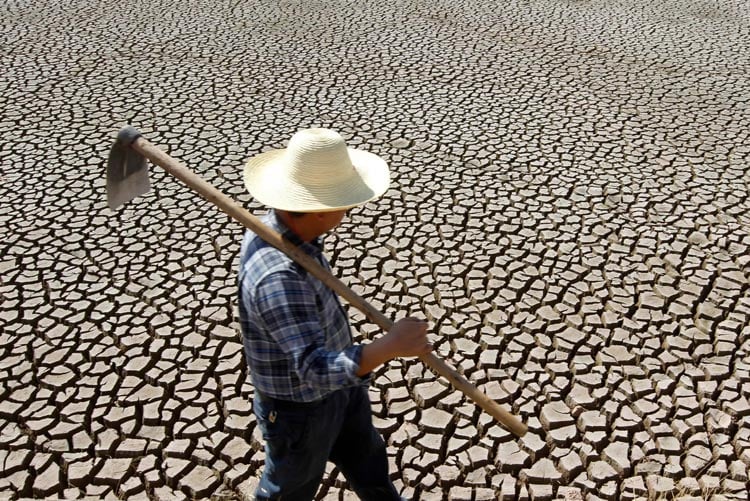
Heat Waves and Our Food System
Heat Waves are effects of climate change. Food System activities generate large amounts of GhG emissions and have a huge impact on the environment.

Heat Waves are effects of climate change. Food System activities generate large amounts of GhG emissions and have a huge impact on the environment.
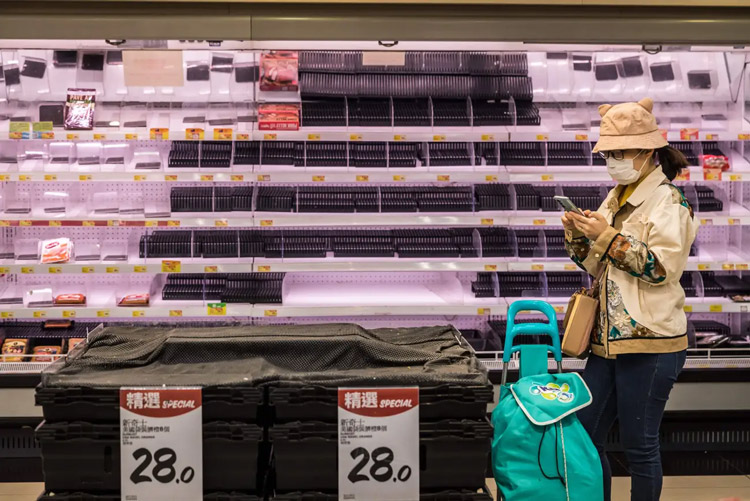
The anxiety of a citywide lockdown due to COVID has driven the population into another round of panic buying, leaving a trail of empty shelves in their wake.
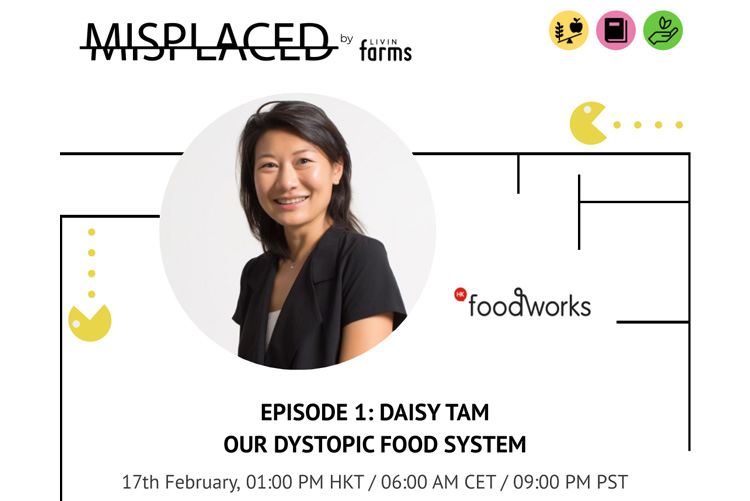
Our dystopic food system produces both both hunger and excess, a logic so contradictory that seems only possible in dystopic futures of cyber punk fiction.
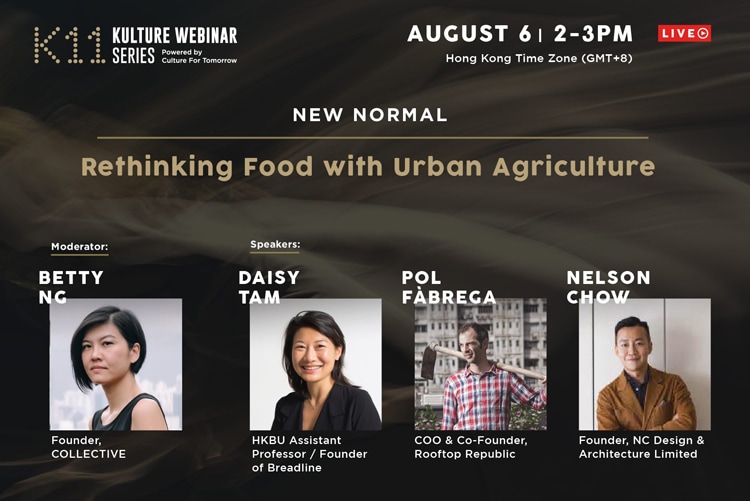
In every crisis there is an opportunity, and now is the time to rethink what living could mean if we were to put urban agriculture on the agenda. Growing food in the city is not a return to the past, it is a vision of sustainability and resilience.
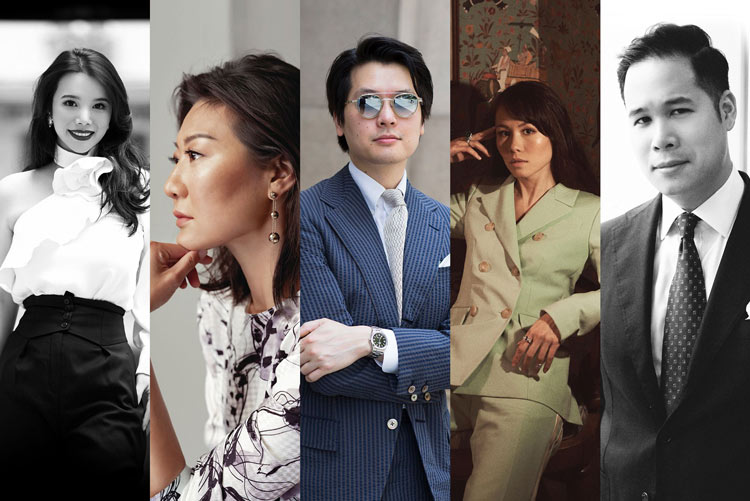
As the world slowly emerges from the COVID pandemic lockdown, many are wondering what lessons can be learnt from this global collective experience – and what we should do differently – to build back better.
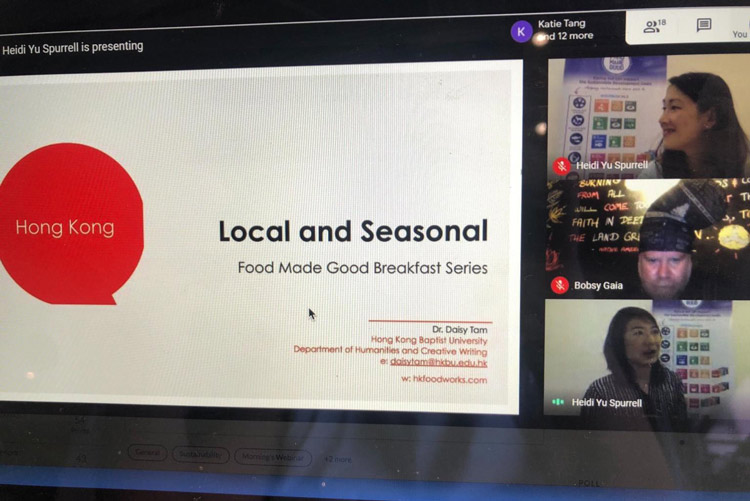
Sourcing local and seasonal has become the response to the disruptions seen in our food supply chain. More than just a temporary solution, local production should be part of the city’s resilience planning – contingency for future risks.

Breadline is Hong Kong’s first crowdsourced food rescue web app that connects donors with volunteers and charities so surplus food can be delivered to those who need it. We want to give old bread new life!

What would we eat after the apocalypse? What future foods would be available and in what forms? In this playful take on the future of food, I threw an apocalyptic feast and invited my audience to a tasting menu of reconstituted eggs, vacuum packed steaks, and canned fruit and freeze dried vegetables.
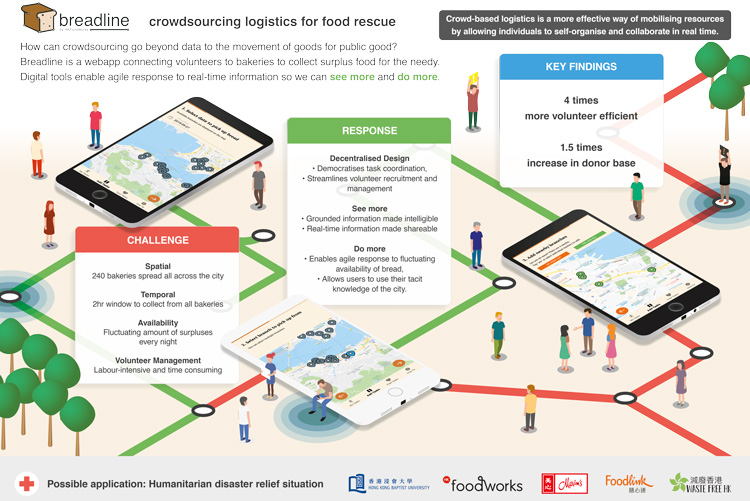
Breadline was featured at Nesta’s conference held in London this year. My research “Networked Intelligent Actions – crowdsourcing food rescue” was one of the awardees of the collective intelligence grants.
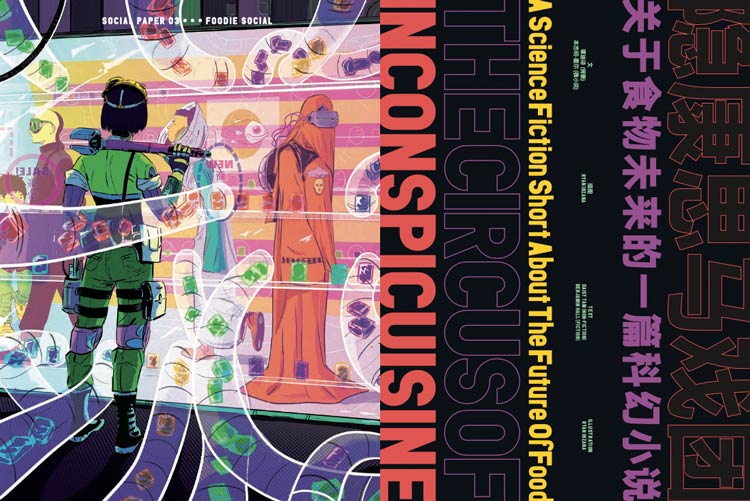
Science fiction seems like a logical place to explore the future of food. How are we going to feed the world? What system could be used to tackle waste? And how can we change the perception and behaviour of people?
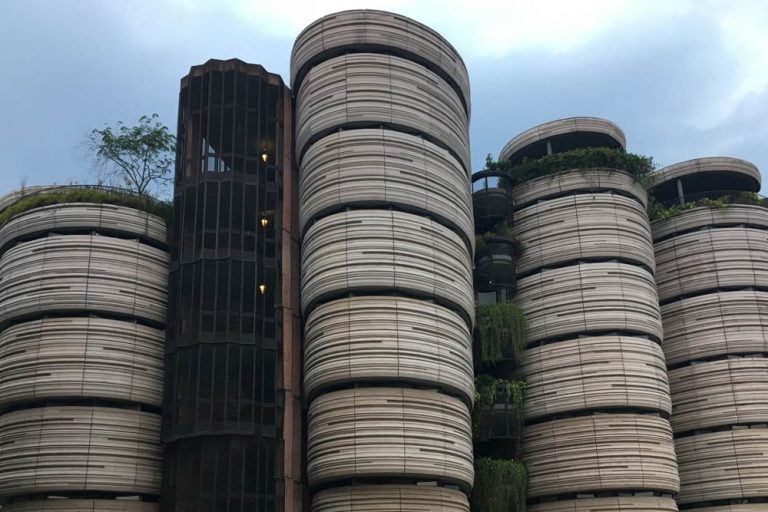
Hong Kong and Singapore are often considered twin cities on the global stage – it is similar in terms of size and wealth. In this long awaited opportunity to speak in Singapore, I presented the case of Hong Kong.
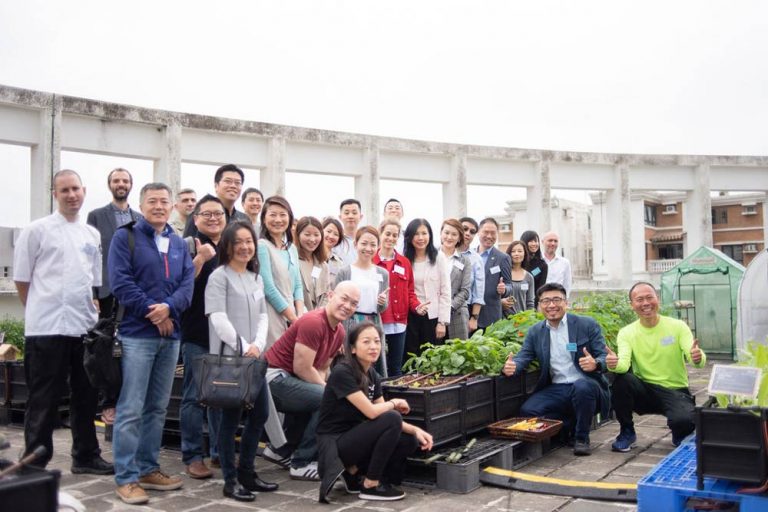
My view is that urban agriculture is not a thing of the past, many cities in the world are experimenting with different modes of growing food in the city as a way of building resilience.
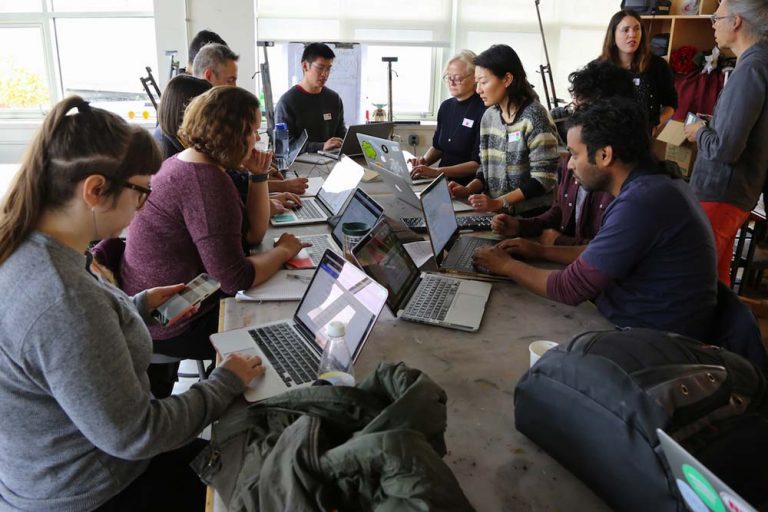
What did you say? A hackathon on food security and resilience? How could I not jump at the opportunity to participate in this exciting event hosted by Northeastern University’s School of Journalism in Boston!
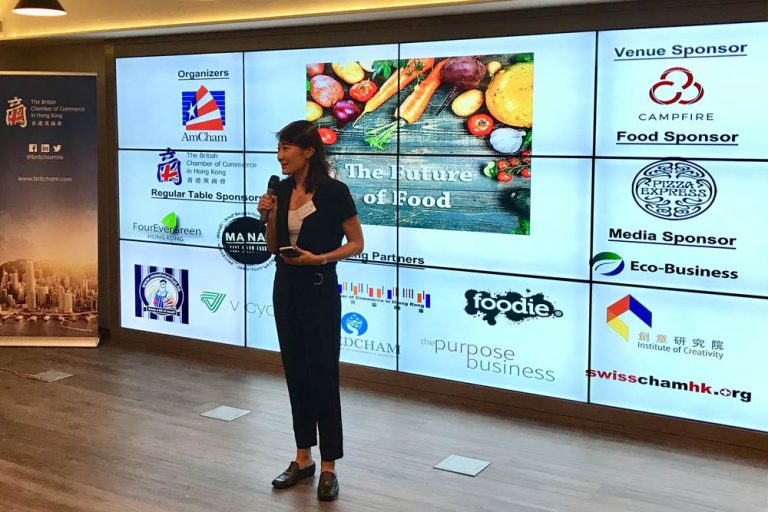
As part of the Better Business Innovation Series, the American and British Chamber of Commerce brought together key players in sustainability, from start-ups and NGOs to established businesses, members of government, academia and the investment community to explore the challenges we face in the Food and Beverage sector.
I gave an interview in English for the Solvak journal Kapital which published an issue on waste earlier this year (2018). Lukaś Likavčan posed questions on the contemporary socio-economical patterns of production and consumption in the context of Hong Kong. I wish I could read the piece! (in Slovac only)

Catfish instead of Grouper, Wagyu instead of Kobe …what next? Talking about fake food on RTHK Backchat. I think traceability, local producers = shorter supply chain might be the first steps.
Speaking to a packed room of students at City University was a great way to kick start 2018! Introducing students from the School of Creative Media with diverse backgrounds in Art, Animation, Photography Digital Video, Games, Installation to the study of food was challenging as it was rewarding. The talk “Securing our Food System” invited the audience to rethink our food system.
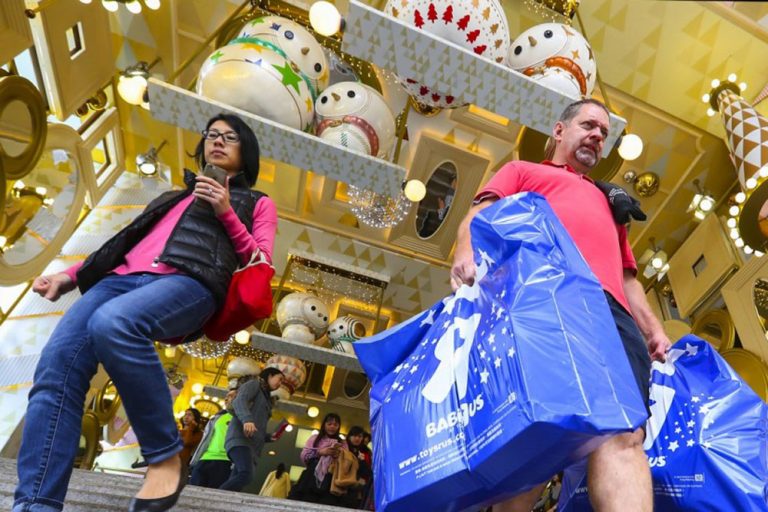
The festive season is a time of celebration, and unfortunately also a time of excess. As Christmas draws near, Laurie Chan from the South China Morning Post invited me to share my thoughts on sustainable consumption.
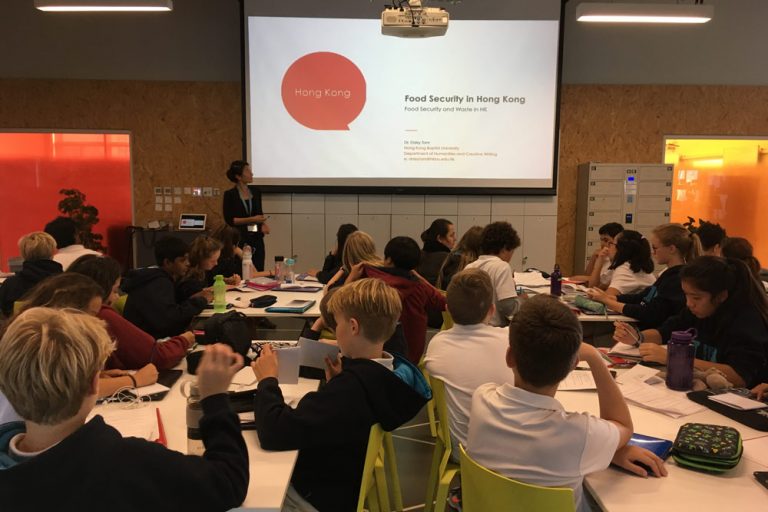
As part of the Interdisciplinary Unit of their IB curriculum, this group of Grade 7s from Hong Kong Academy spent the whole week learning about food security. Speaking to a group of 60 well-informed and curious minds was quite the challenge – what a lively discussion! Despite the fact that there is no such thing as Food Studies in Hong Kong, I’m glad to know that the topic is slowly making its way into various curriculums!
The Zurich University of the Arts hosted a talk series on the topic of Ecologies: Matters of Coexistence for their graduate students coming from Switzerland, Singapore, Taiwan, China and Hong Kong as part of their Transcultural Collaboration programme. Consuming Nature was a dialogue between myself and Artist Tsang Tak Ping with a good 60 people in the audience thinking together about our relationship to nature and what it means to co-exist.
A one-day event that brought together practitioners and entrepreneurs who are keen to change the way we eat. My panel “The Big Picture” kickstarted the day by looking at the bigger picture of global food trends, the challenges we face and alternatives that might change our food future.
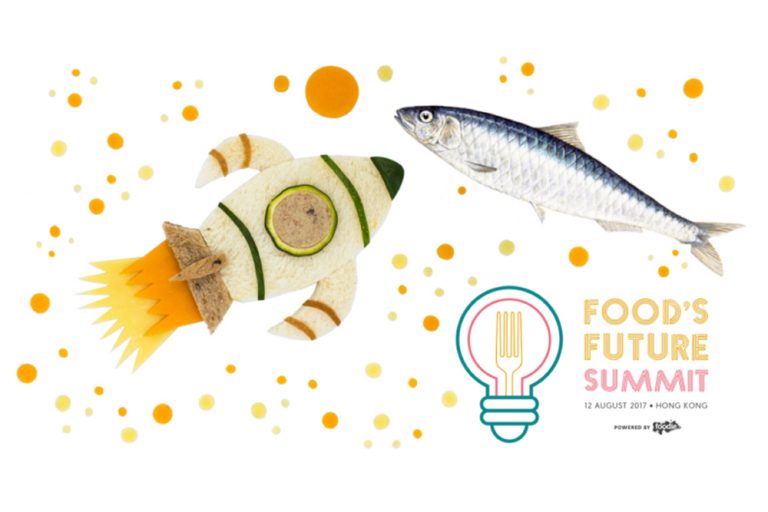
Ahead of the Food Future Summit, I was asked about my hopes and fears for the future. Issues of overpopulation, intensive agriculture, over consumption were my list of usual suspects. What threw me was the final question of what is my favourite food, as an advocate of sustainable food systems, I had to choose my answer very carefully. Find out the answer in this interview and be apocalyptic ready!
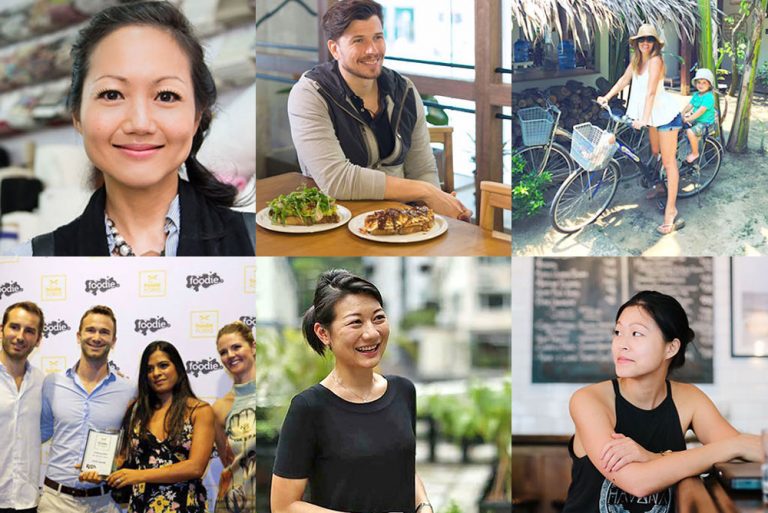
Featured in Green Queen as one of the Zero Heroes, I talked to Jenny Star Lor about the beginnings of my research and how the push for change has to go beyond our own plate.
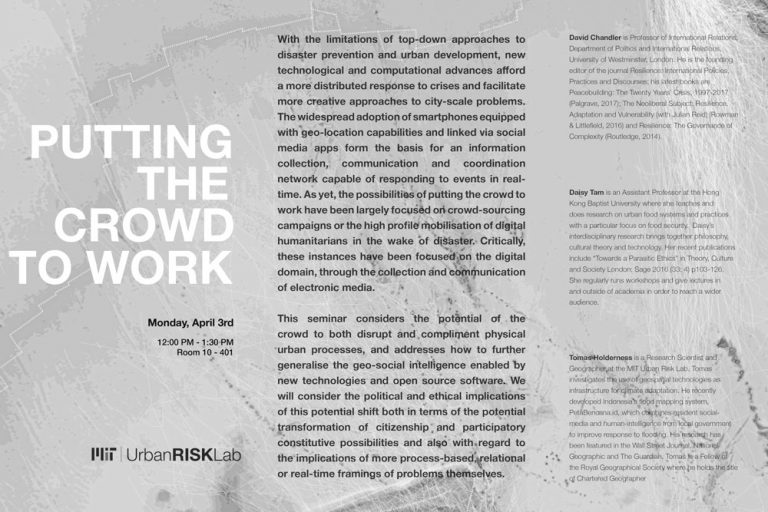
This has been a long-awaited workshop. Taking place in the prestigious Massachusetts Institute of Technology (MIT) in Boston, this seminar brought together academics and researchers working in the field of urban resilience.
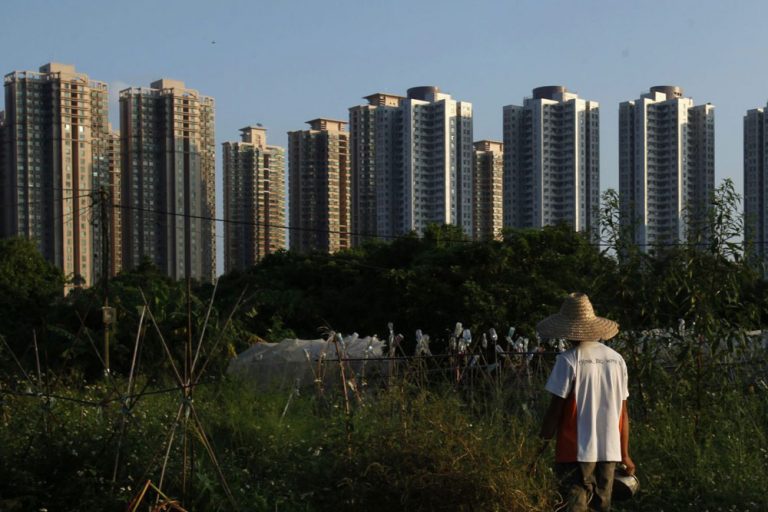
After my TedX talk on Hong Kong’s Food Security, many were shocked to learn how vulnerable Hong Kong’s food system is. Quartz Journalist Echo Huang followed up with an interview to get the low down on how cities like Hong Kong, actually feeds itself.
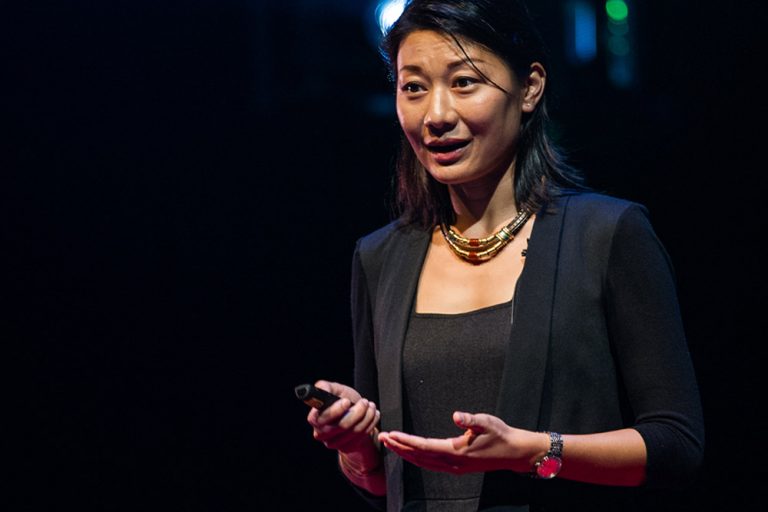
An opportunity to speak to an audience of 1200 at the Academy of Performing Arts – the largest Tedx event here in Hong Kong! In spite of its status as Asia’s gourmet city, Hong Kong is in fact NOT food secure. “How secure is food? The case of Hong Kong” gives a quick overview of our urban food system and urges the government, businesses and individuals to put food on the agenda in order to start the change we need today.

According to a recent survey, a third of Hong Kong’s population eat out every day. In this episode of RTHK’s Backchat, I was invited to discuss the effects of this. Many people eat out because restaurants are relatively affordable in Hong Kong and most people find it convenient. However shopping, preparing and cooking can offer more than just a healthier meal, it’s a way of reconnecting and learning about food.
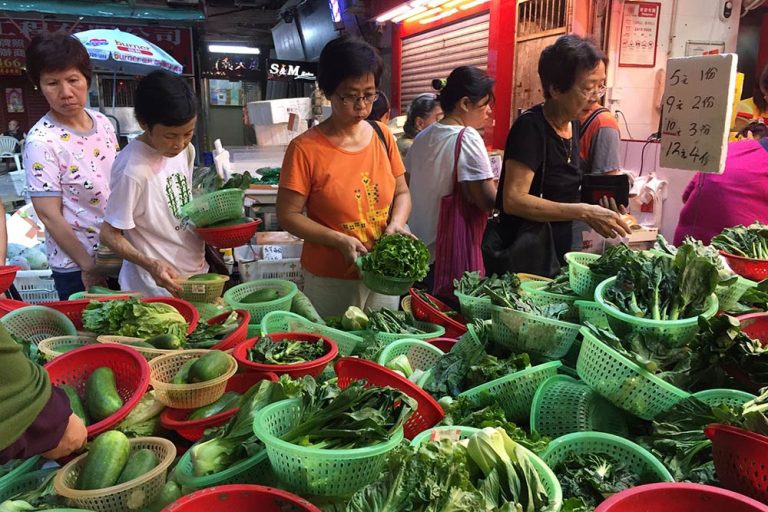
In this opinion piece (Initium), I was invited to write about my research on Hong Kong’s food system. Framing the issue of hunger and food waste in the wider context of food security, I argued that food waste is everyone’s problem. Building a secure food system is not just about poverty alleviation or environmental protection, but the fundamental foundation of sustainable urban development. (in Chinese only)
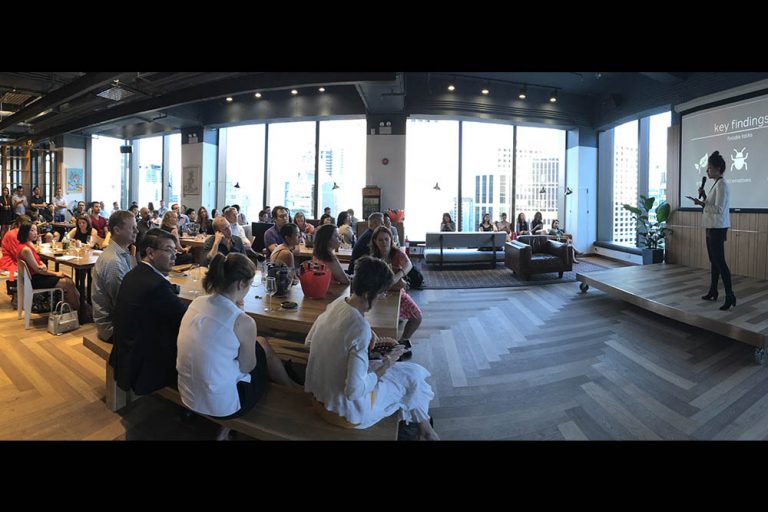
As part of the month long event aimed at using technology to tackle food waste in the F&B sector in Hong Kong, Metta held a series of 5 workshops bringing together industry leaders, start-ups, NGOs and researchers into discussion.
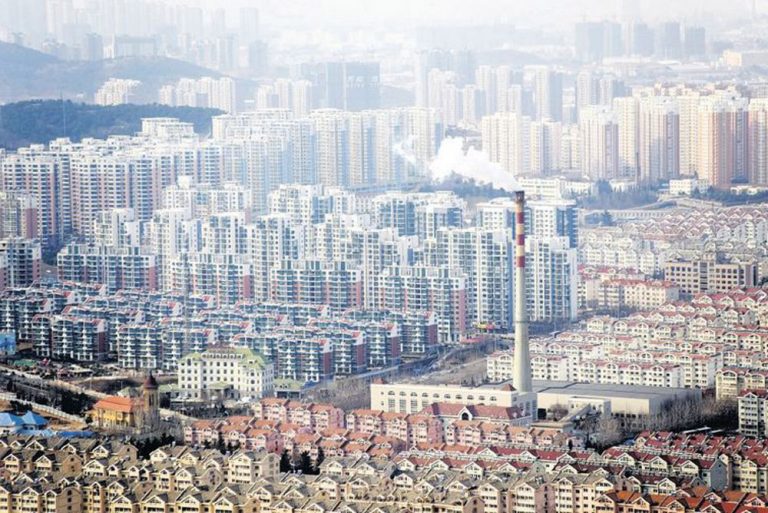
An interview by the Dutch newspaper Trouw on the Hong Kong’s eating habits and sustainability. Cultural behaviours and trends affect the way we consume, but education can raise awareness and create change in the long term. Featuring the vertical garden which I started with my students, I explained how learning about food could be the seed of change. (in Dutch only)
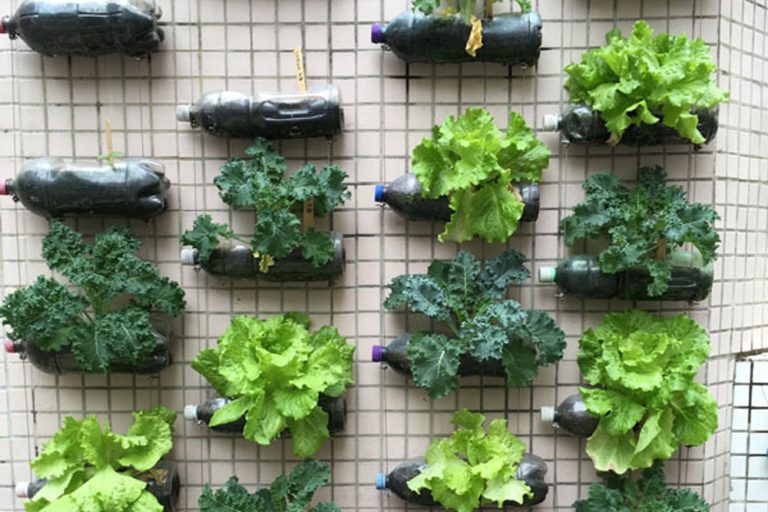
As part of the Knowledge Transfer Project “Greener Living – micro urban farming and turning waste into resource”, I started a vertical garden to grow an edible wall with my students where we planted organic vegetables using wasted resources.
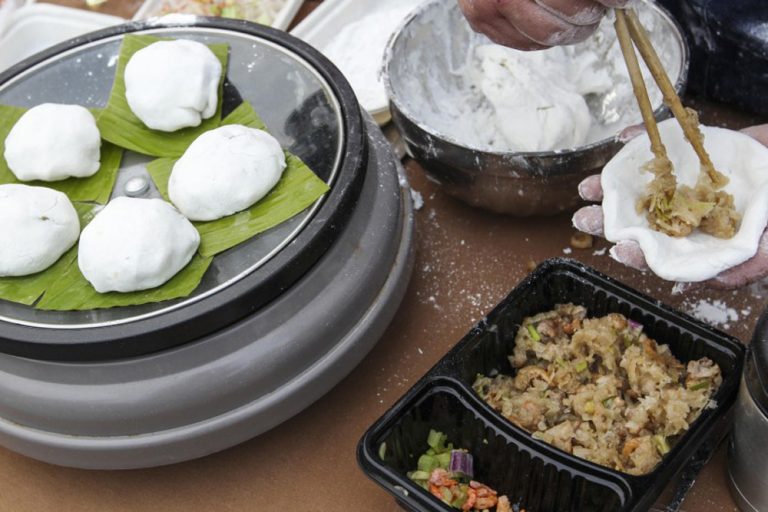
I was invited to chair the session called Food for Thought at Asia Society’s event “In a grain of Rice: Food & Culture for South and Southeast Asia”. I shared examples drawn from my research and own experiences to discuss the cultural significance of rice and reflected on how food bring communities together through participatory practices.
“Lost Food: Food, Knowledge, Culture” was one of the earliest event I organised at Hong Kong Baptist University. I invited a panel of speakers to talk about our forgotten food culture and lost knowledge – from the way food is produced, to the way its prepared and consumed, how little we know shows how alienated we are from our everyday necessity.